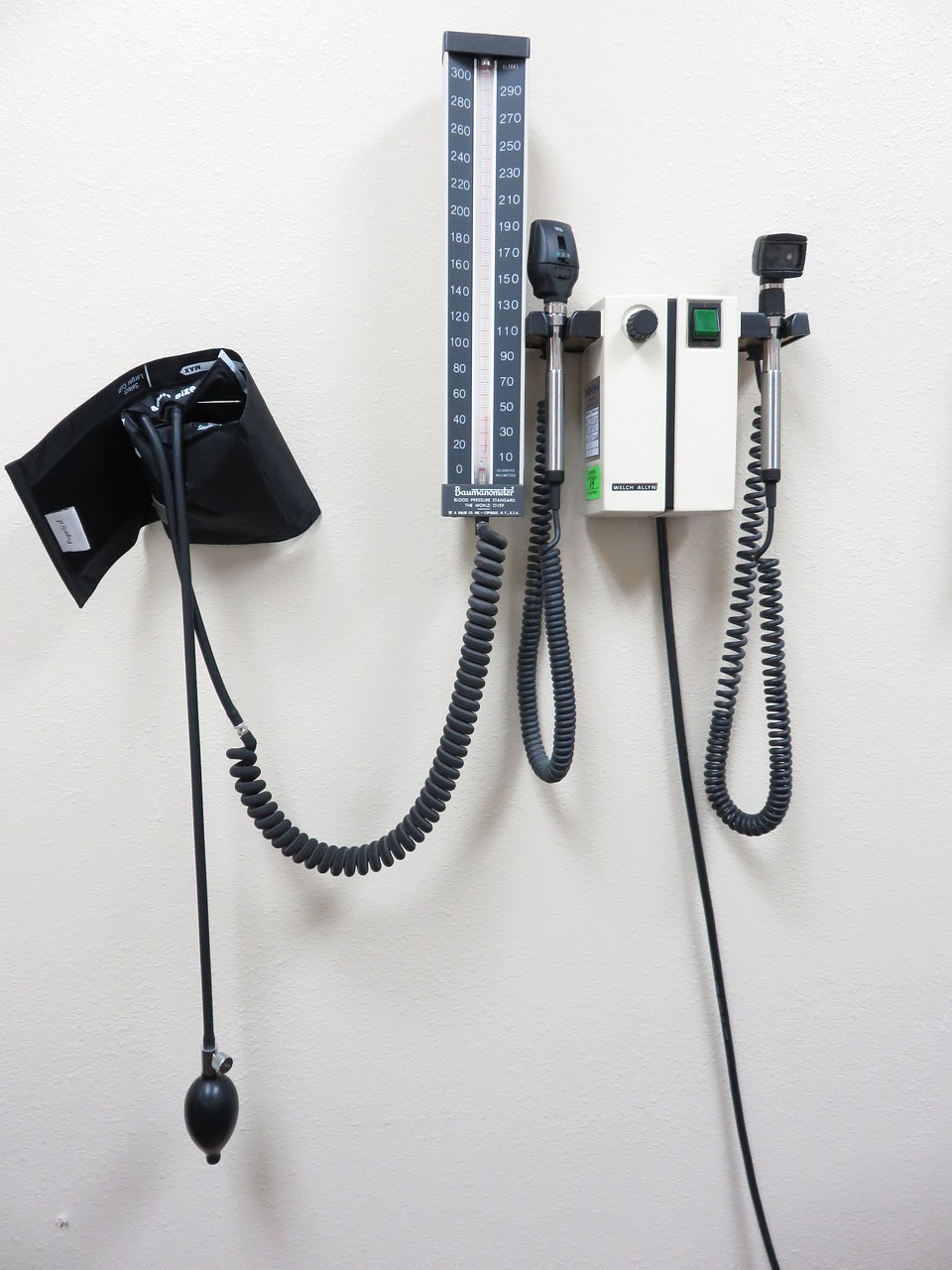Regular blood pressure monitoring is essential for maintaining optimal cardiovascular health. Monitoring blood pressure helps detect any deviations from normal levels, provides early indications of potential health problems, and allows for timely interventions. Here are some key reasons why regular check-ups for blood pressure are crucial:
- Early Detection of Hypertension: High blood pressure, or hypertension, is often referred to as the “silent killer” because it often has no noticeable symptoms. Regular blood pressure checks can help identify hypertension at an early stage, allowing for prompt intervention and management to prevent complications.
- Personalized Treatment and Management: Blood pressure measurements help healthcare professionals determine the most appropriate treatment plan based on an individual’s blood pressure levels, overall health, and risk factors. This may include lifestyle modifications, medication, or a combination of both. Regular check-ups enable healthcare providers to assess the effectiveness of the treatment plan and make necessary adjustments.
- Monitoring Treatment Progress: For individuals already diagnosed with hypertension, regular blood pressure monitoring is essential for evaluating the effectiveness of treatment and ensuring that blood pressure remains within a healthy range. It allows for adjustments to medication dosages or treatment plans as needed.
- Identification of White Coat Hypertension or Masked Hypertension: Some individuals may experience elevated blood pressure only in a clinical setting (white coat hypertension), while others may have normal blood pressure during medical visits but elevated blood pressure in everyday life (masked hypertension). Regular blood pressure checks can help identify these conditions and guide appropriate management.
- Assessment of Overall Cardiovascular Health: Blood pressure is a vital indicator of cardiovascular health. Regular monitoring can provide insights into the overall condition of the cardiovascular system and help identify other potential risks or conditions such as heart disease, kidney problems, or diabetes.
- Prevention of Complications: Uncontrolled high blood pressure can lead to serious complications such as heart disease, stroke, kidney disease, and damage to blood vessels. Regular check-ups allow for early identification and management of high blood pressure, reducing the risk of these complications.
- Lifestyle Monitoring: Blood pressure checks provide an opportunity for healthcare professionals to discuss lifestyle factors that can impact blood pressure, such as diet, exercise, stress management, and smoking habits. Regular check-ups facilitate ongoing education and support for adopting and maintaining a healthy lifestyle.
In conclusion, regular blood pressure check-ups are essential for monitoring cardiovascular health, detecting hypertension, assessing treatment effectiveness, and preventing complications. Individuals should follow their healthcare provider’s recommendations for blood pressure monitoring frequency and take an active role in managing their blood pressure levels for overall well-being.

